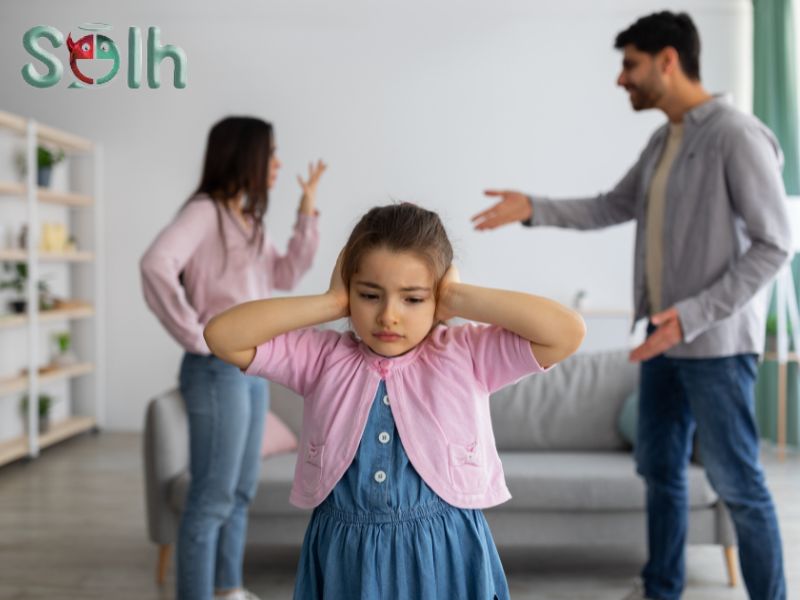Parenting styles are widely recognized as a significant factor in a child's personality and behavior development. How parents interact with their children and provide guidance and support can profoundly impact a child's emotional, cognitive, and social growth. Developmental psychologists have categorized parenting styles into four types. Each parenting style has unique characteristics that can affect the child's mental health and overall well-being.
Different styles of Parenting
1. Authoritative Parenting: Authoritative Parenting is characterized by warmth, responsiveness, communication, and establishing clear boundaries and expectations for children's behavior. This parenting approach offers support and guidance while promoting children's independence and self-regulation.
It is found in research that children who grow up with authoritative parents often have higher levels of self-esteem, academic achievement, and social competence.
2. Authoritarian Parenting: This form of Parenting emphasizes strictness and demands obedience and conformity from children. Unlike authoritative parents, authoritarian parents may be less warm and nurturing, relying on punishment or negative reinforcement to manage their children's behavior.
This style of Parenting has been associated with adverse outcomes for children, including lower levels of self-esteem, poorer academic performance, and an increased risk of mental health problems.
You May Also Like: How Does Stress Affect Parenting?
3. Permissive Parenting: This style of Parenting is depicted by parents who are warm and affectionate towards their children but may have limited expectations or rules for their behavior. They may avoid setting boundaries or disciplining their children, placing a greater emphasis on their child's happiness than on their development of self-regulation and responsibility.
Research has linked this style of Parenting to adverse outcomes for children, including lower levels of self-control, higher rates of delinquent behavior, and poorer academic achievement.
4. Neglectful Parenting: This form of Parenting has parents who may be emotionally or physically absent, providing minimal support or guidance to their children. They may have little involvement in their children's lives and lack knowledge of their daily experiences.
This style is associated with adverse outcomes for children, such as an increased risk of mental health problems, lower academic achievement, and difficulties with interpersonal relationships.
Prioritizing one parenting style over another wouldn't be ideal as every family's structure differs. Parenting is a complex and continuous process, and no single approach suits all situations. To be an effective parent, it is necessary to understand a child's individual needs and adapt your parenting style accordingly. Maintaining open communication and a positive relationship with your child is crucial for successful Parenting.
Conclusion
The parenting stage of life is a beautiful yet challenging phase for any individual, and seeking outside help in times of crisis is essential.
If you're also having a difficult time with your child, then get connected with Solh Wellness. At Solh Wellness, we provide personalized counseling sessions for your mental health-related problems.
Solh Talks | Season 1 | Leading Ladies is an initiative from Solh Wellness where successful people from different fields share their mental health journey. On today's episode of Solh Talks, we have Mrs. Prisha Lalwani, an influencer who teaches her followers the right way of Parenting. Download the Solh Wellness App to watch all the episodes of Solh Talks.



